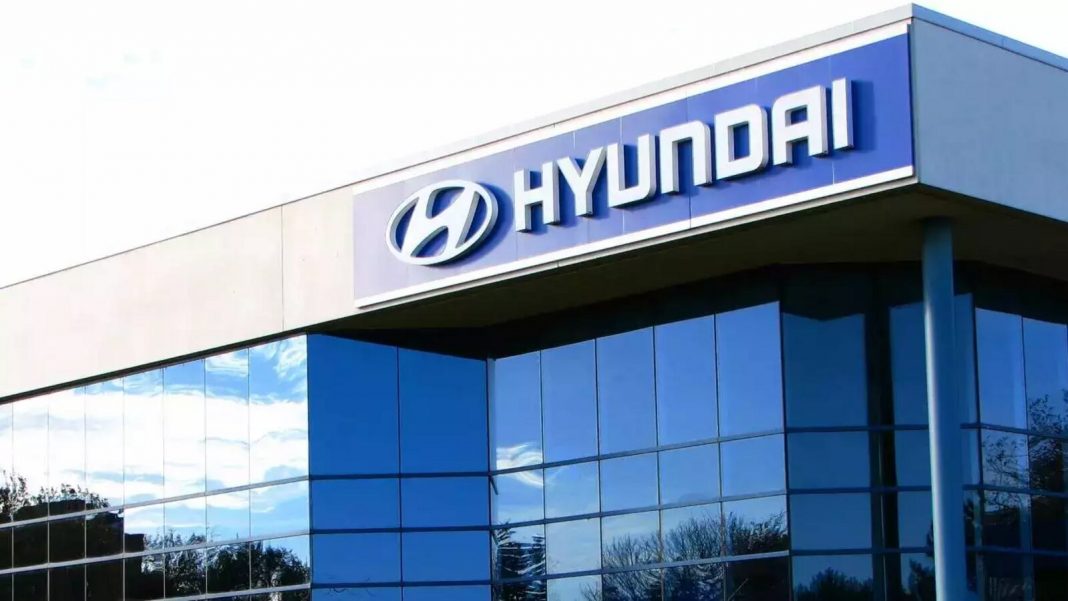A group of Hyundai Motor dealers has filed a lawsuit against the South Korean automaker in Chicago federal court, accusing the company of inflating electric vehicle sales numbers and punishing franchises that refused to participate in the alleged scheme.
The lawsuit, initiated by Napleton Aurora Imports in Illinois and affiliated franchises, claims that Hyundai Motor America Corp (HMA) pressured dealers to misuse inventory codes intended for “loaner” vehicles to artificially boost sales figures.
Allegations of Sales Manipulation
According to the lawsuit, Hyundai coerced dealers into falsely coding vehicles to inflate sales statistics. Dealers who complied with this directive were allegedly rewarded with wholesale and retail price discounts, along with other incentives. This practice not only distorted sales figures but also gave participating dealers an unfair advantage in terms of pricing and inventory access.
The complaint further alleges that dealers who resisted these practices faced punitive measures from Hyundai. The lawsuit highlights a broader issue within the company’s sales strategy and raises questions about the integrity of reported sales data.
Hyundai’s Response and Ongoing Investigations
Hyundai has responded to these serious allegations by stating that it does not condone the falsification of sales data. The automaker has initiated an internal investigation to address the claims made by the dealers. In a statement released on Monday, Hyundai emphasized its commitment to transparency and ethical business practices.
Additionally, Hyundai is currently involved in litigation aimed at terminating two Napleton-affiliated franchises in South Florida. These actions are connected to separate allegations of criminal sexual battery, indicating broader legal challenges faced by the Napleton dealerships.
Legal and Industry Implications
The lawsuit accuses Hyundai of fraud and violations of the Robinson-Patman Act, a federal antitrust law that prohibits price discrimination.
By rewarding dealers who participated in the alleged scheme with favorable pricing and incentives, Hyundai is accused of creating an uneven playing field that deprived non-participating dealers of competitive opportunities and inventory access.
Dealers who followed Hyundai’s directives reportedly received extra inventory of popular models, putting desirable vehicles in the hands of fewer dealerships. This practice allegedly deprived consumers of choice and allowed Hyundai to present inflated sales figures to the public and investors.
The complaint quotes a Hyundai district sales manager stating, “We gotta hit a number for the press and for the Koreans,” indicating pressure from higher management to meet sales targets through questionable methods. Dealers involved in the lawsuit are seeking damages to cover lost sales, revenue, and profits resulting from Hyundai’s alleged practices.
Historical Context and Broader Industry Impact
This is not the first time Napleton has taken legal action against an automaker over sales practices.
In 2016, Napleton sued Chrysler for allegedly scheming to inflate sales figures. That lawsuit was settled in 2019, with the terms remaining confidential. Chrysler, in a related action, agreed to pay $40 million to the U.S. Securities and Exchange Commission to resolve claims of misleading investors over inflated sales figures.
The current lawsuit against Hyundai underscores ongoing concerns within the automotive industry regarding sales reporting practices. It highlights the pressures faced by manufacturers and dealers alike to meet sales targets and the potential consequences of unethical business practices.
Looking Forward
As the lawsuit progresses, the outcome could have significant implications for Hyundai and its dealer network.
The allegations of inflated sales figures and retaliatory practices against non-compliant dealers raise serious ethical and legal questions. Automotive dealers and industry observers will be closely monitoring the case to see how it unfolds and what changes it might prompt within the industry.
For now, Hyundai’s commitment to an internal investigation and legal proceedings will be critical in addressing these allegations and restoring confidence in its sales practices.








